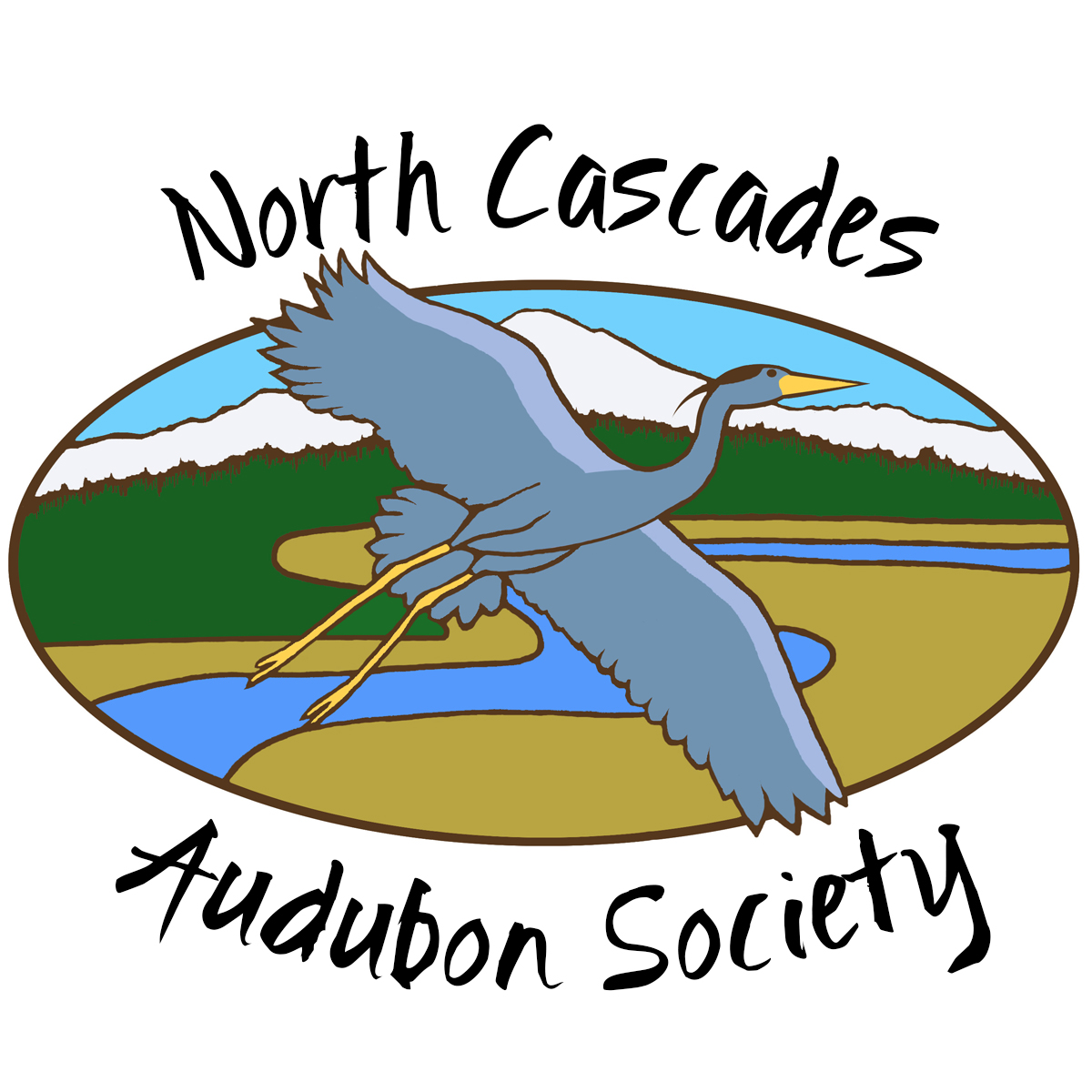Scudder Pond....An Urban Gem
In 1987, the North Cascades Audubon Society was deeded the Scudder Pond property (2.8 acres located near the intersection of Alabama and Electric Ave) from Vita Armitage in honor of her father, O.C. Scudder to be "protected as a wildlife preserve." In the fall of 2014 NCAS felt that the City of Bellingham could better maintain Scudder Pond and the deed was transferred to the City of Bellingham.
The pond is believed to have formed sometime before 1975, probably due to beavers plugging a culvert located under an abandoned railroad line separating the pond from Lake Whatcom Lagoon. Originally, runoff from Alabama Hill and water from a local stream drained indirectly into the lagoon.
Scudder Pond and its surrounding area are designated a category II wetland (City of Bellingham, 1988) based on a I to IV scale: Category I having the highest year-round attributes. The current depth of the pond promotes a prodigious growth of cattails (Typha latifolia) which support a number of mammals including beavers and muskrats, native amphibians, and other wildlife. If you look closely among the cattails you might also see a variety of birds including Virginia Rails, Red-Winged Blackbirds, Mallards, Bufflehead, Wood Ducks and Great blue Herons.
Water entering Scudder Pond is a combination of surface runoff from the Alabama Hill neighborhood and the city storm drainage system. The pond is important for aquifer recharge and flood water retention in the lake basin. Non-point water sources transport fertilizers, herbicides, pesticides, oils and other pollutants into the pond. The filtration process that takes place in the pond is important to improving the water quality of Whatcom Creek. Cattails (Typa latifolia) and other aquatic plants such as lady’s thumb (polygonum amphibian) and sedge (Carex) improve water quality by lowering pH, and filtering metals, nitrogen, potassium and phosphorus. These plants also provide a natural sediment filtration system.
Here, in the heart of Bellingham, Scudder Pond is a gem providing a home to a diversity of breeding birds, mammals and other wildlife, and a haven for migratory birds.
While enjoying your visit please show your respect for the Scudder Pond and its wildlife in the following ways:
Keep your dog on a leash and out of the pond.
Observe the wildlife quietly.
No fishing is allowed.
Don’t feed the wild birds


